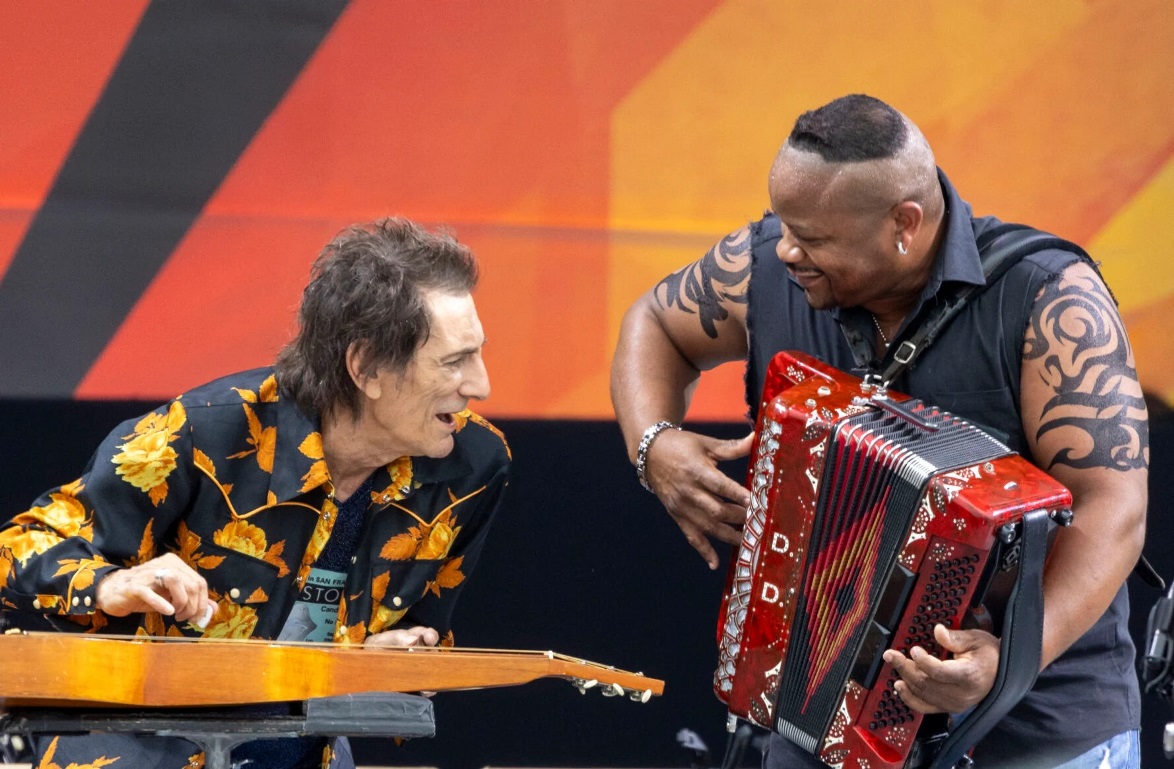|
Ten Thousand Motels
|
Book Review
When rock music led the revolution
By Steve Morse
November 7, 2008 - Boston.com
THERE'S A RIOT GOING ON: Revolutionaries, Rock Stars, and the Rise and Fall of the '60s
By Peter Doggett
Canongate, 608 pp., $27.50
When many pop stars endorsed political revolution in the late 1960s, they had no idea it would end so badly. The Beatles, Bob Dylan, and the Rolling Stones, among others, were pulled into the fray, but later fell victim to the same demoralization that affected student activists and other countercultural leaders who had once looked to them for support.
As Norman Mailer said, "One should not try to found a revolution on musicians." Or, as author Peter Doggett writes more charitably in this remarkable new book, "There's a Riot Going On," "If their revolution was doomed to fail, at least they dared to dream."
In a brilliant, ambitious weaving of rock and political history, Doggett writes some 600 pages about the '60s fragile coalition of protest groups that included hippies, rock stars, and revolutionaries spanning the Yippies (Youth International Party), the White and Black Panthers, and the Weather Underground. He brings back the exhilaration of Woodstock, but also the terror outside 1968's Democratic convention in Chicago, where protesters were beaten by police on national TV, and the final splintering of energy caused by the landslide presidential win by Richard Nixon in 1972, which effectively killed the New Left.
The thought of revolution both "bewitched and betrayed a generation," Doggett writes. And nowhere was that more evident than in pop music. Dylan was hailed as an early protest hero, though he later disavowed political songs. The Stones wrote "Street Fighting Man," but they pulled back as well. Spencer Dryden of Jefferson Airplane spoke for many when he said, "Who wants to be a martyr, man?" And while the Grateful Dead played a benefit for the Black Panthers' free breakfast program for neighborhood kids in Oakland, Calif., they refused to endorse Panther rhetoric about violence.
These were violent times, and this book brings back the many fire bombings and killings that some organizations espoused. Musicians were constantly asked to respond. Jimi Hendrix was dubbed an Uncle Tom because he wasn't overtly political (though he did give some money to the Panthers), and James Brown was decried for supporting Hubert Humphrey in the 1968 presidential primary. Protesters embraced songs like the Beatles' "Helter Skelter" and the Who's "Won't Get Fooled Again," but didn't realize the former was inspired by a carnival ride and the latter by a reaction of Who songwriter Pete Townshend to a commune in his neighborhood.
The author makes some sharp points about the hypocrisy of some musicians at the time. "Rock stars wail out anger and scream revolt, then leave concerts in Cadillacs," he quotes one underground commentator as saying. And the corporatization of the music industry was also disturbing, as when Columbia Records boasted in print ads that "revolutionaries are on Columbia" and "The Man Can't Bust Our Music." And the Rolling Stones' label, Decca, used some of its profits to fund arms manufacturing, causing Keith Richards to flip out when he learned of it.
Although "There's a Riot Going On" (culled from a Sly Stone song title) is overly long, it is an absorbing, must-read book for pop-culture fans. There's a wrenching sadness to what happens to some of the movement leaders - Abbie Hoffman, for instance, committed suicide in 1989, and Jerry Rubin was killed while jaywalking in 1994.
But there's also hope that at least the era prompted reforms, notably in women's and gay liberation, environmentalism, and spiritual consciousness. It presaged a time when "personal transformation would become more important than collective activism," Doggett writes. It's only too bad that the likes of John Lennon aren't still around to provide inspiration.
|













 Pages: 1
Pages: 1

